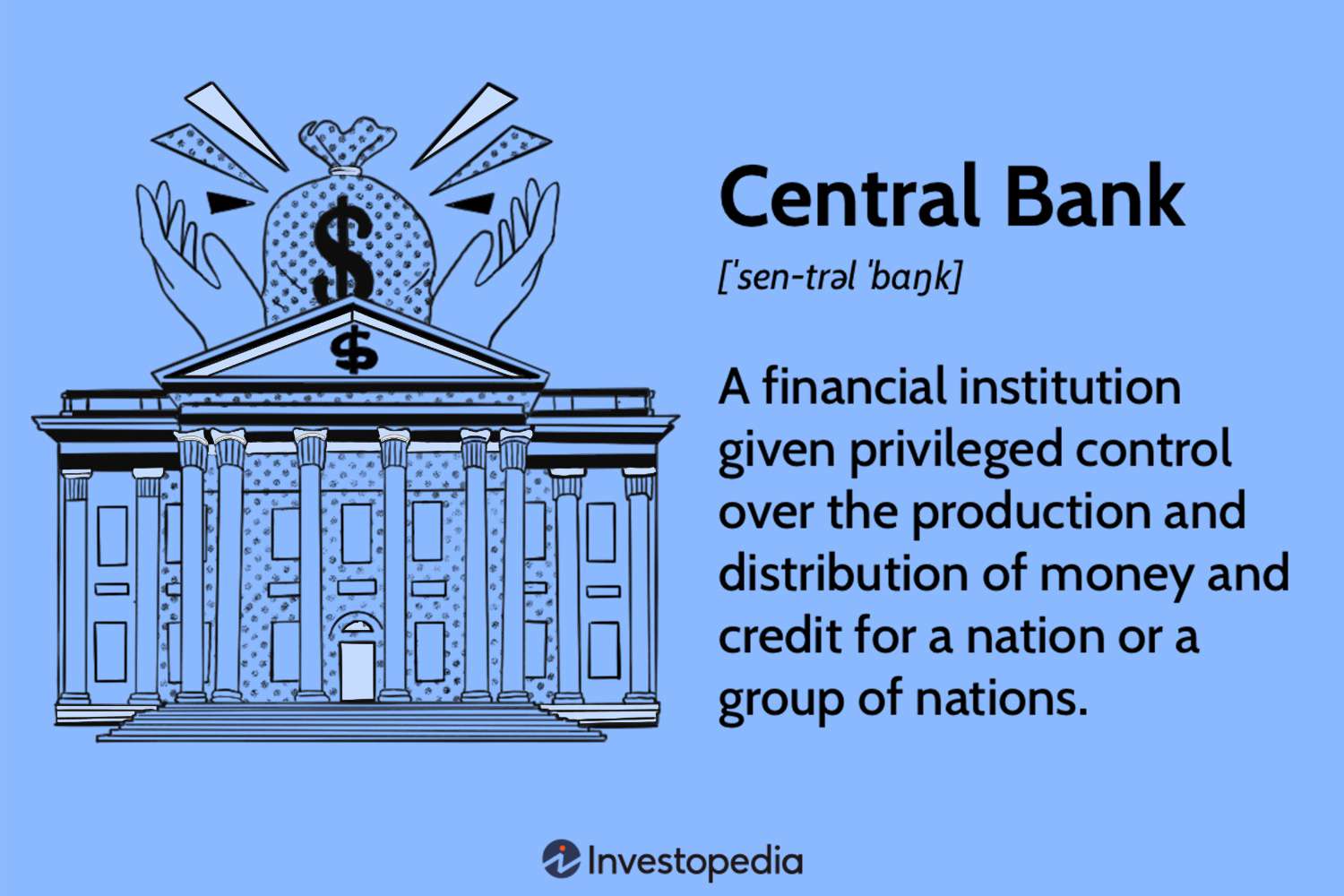Managing debt effectively is crucial for maintaining financial stability and achieving long-term financial goals. Whether you’re dealing with credit card debt, student loans, or a mortgage, implementing the right strategies can help you reduce debt and improve your financial health. Here are some effective ways to manage debt, optimized for SEO readability with relevant keywords.
1. Create a Debt Repayment Plan
One of the most effective ways to manage debt is by creating a structured debt repayment plan. Start by listing all your debts, including balances, interest rates, and minimum payments. Prioritize your debts by focusing on those with the highest interest rates first, a method known as the avalanche method. Alternatively, you can use the snowball method, where you pay off the smallest debts first to gain momentum.
2. Consolidate Your Debt
Debt consolidation is another effective strategy for managing multiple debts. By consolidating your debts into a single loan, you can simplify your payments and potentially lower your interest rate. This approach is particularly beneficial if you have high-interest credit card debt. Consider options like personal loans, balance transfer credit cards, or home equity loans for debt consolidation.
3. Create a Budget
Creating a budget is essential for managing debt and preventing further financial strain. A well-planned budget helps you track your income and expenses, ensuring you allocate enough money towards debt repayment. Cut unnecessary expenses and redirect those funds towards paying off your debt faster. A budget also helps you avoid overspending and keeps you on track with your financial goals.
4. Negotiate with Creditors
If you’re struggling to make your payments, consider negotiating with your creditors. Many lenders are willing to work with you if you’re facing financial difficulties. You can request a lower interest rate, a reduced minimum payment, or even a temporary payment deferral. This can provide temporary relief and help you manage your debt more effectively.
5. Use the Debt Snowball Method
The debt snowball method is an effective way to manage and pay off debt. Start by paying off your smallest debt first while making minimum payments on larger debts. Once the smallest debt is paid off, move on to the next smallest. This method can build momentum and motivation as you see debts being eliminated one by one.
6. Consider Credit Counseling
If managing debt becomes overwhelming, consider seeking help from a credit counseling agency. These organizations offer expert advice and can help you create a debt management plan. They may also negotiate with creditors on your behalf to reduce interest rates or fees. Credit counseling can provide valuable support and guidance to help you regain control of your finances.
7. Avoid Taking on More Debt
One of the most effective ways to manage debt is to avoid taking on more debt. Resist the temptation to use credit cards or take out new loans while you’re working on paying off existing debts. Focus on living within your means and using cash or debit for purchases. This discipline will prevent your debt from growing and help you stay on track with your repayment plan.
8. Increase Your Income
Increasing your income can accelerate your debt repayment process. Consider taking on a part-time job, freelancing, or selling unused items to generate extra cash. Use this additional income to pay down your debt faster, which will reduce the amount of interest you pay over time and help you achieve financial freedom sooner.
Conclusion
Effectively managing debt requires a combination of strategic planning, discipline, and perseverance. By creating a debt repayment plan, consolidating your debts, budgeting, negotiating with creditors, and seeking professional help when needed, you can take control of your financial situation. These strategies, combined with avoiding new debt and potentially increasing your income, will put you on a path toward financial stability and freedom.









